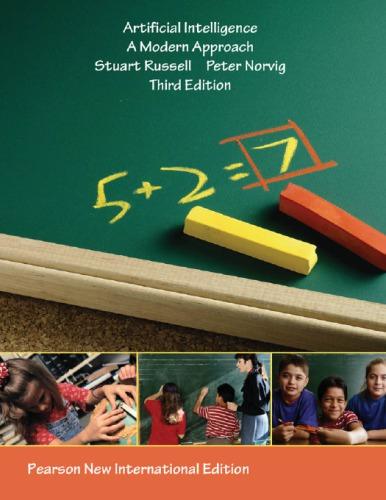1 Chris considers four used cars before buying the one with maximum expected utility. Pat considers ten...
Question:
1 Chris considers four used cars before buying the one with maximum expected utility. Pat considers ten cars and does the same. All other things being equal, which one is more likely to have the better car? Which is more likely to be disappointed with their car’s quality?
By how much (in terms of standard deviations of expected quality)?
3 In 1713, Nicolas Bernoulli stated a puzzle, now called the St. Petersburg paradox, which works as follows. You have the opportunity to play a game in which a fair coin is tossed repeatedly until it comes up heads. If the first heads appears on the nth toss, you win 2n dollars.
a. Show that the expected monetary value of this game is infinite.
b. How much would you, personally, pay to play the game?
c. Nicolas’s cousin Daniel Bernoulli resolved the apparent paradox in 1738 by suggesting that the utility of money is measured on a logarithmic scale (i.e., U(Sn) = a log2 n+b, where Sn is the state of having $n). What is the expected utility of the game under this assumption?
d. What is the maximum amount that it would be rational to pay to play the game, assuming that one’s initial wealth is $k ?
Step by Step Answer:







